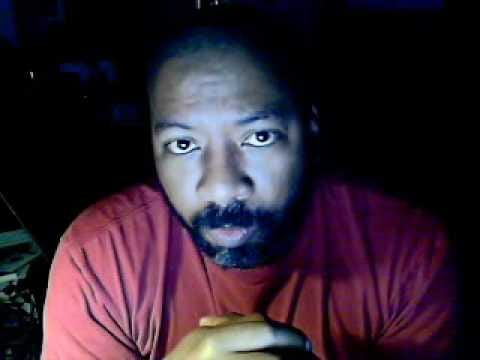It makes sense that I should write something definitive about Kwanzaa this year, but I’ve found it difficult to be energetic in doing so. The problem has to do with my style and form of public engagement. I am curious, but when I find good reasonable principles, I tend to defend them and tire of doing so over the long term. In my wake are essays and Soc…
Keep reading with a 7-day free trial
Subscribe to Stoic Observations to keep reading this post and get 7 days of free access to the full post archives.




